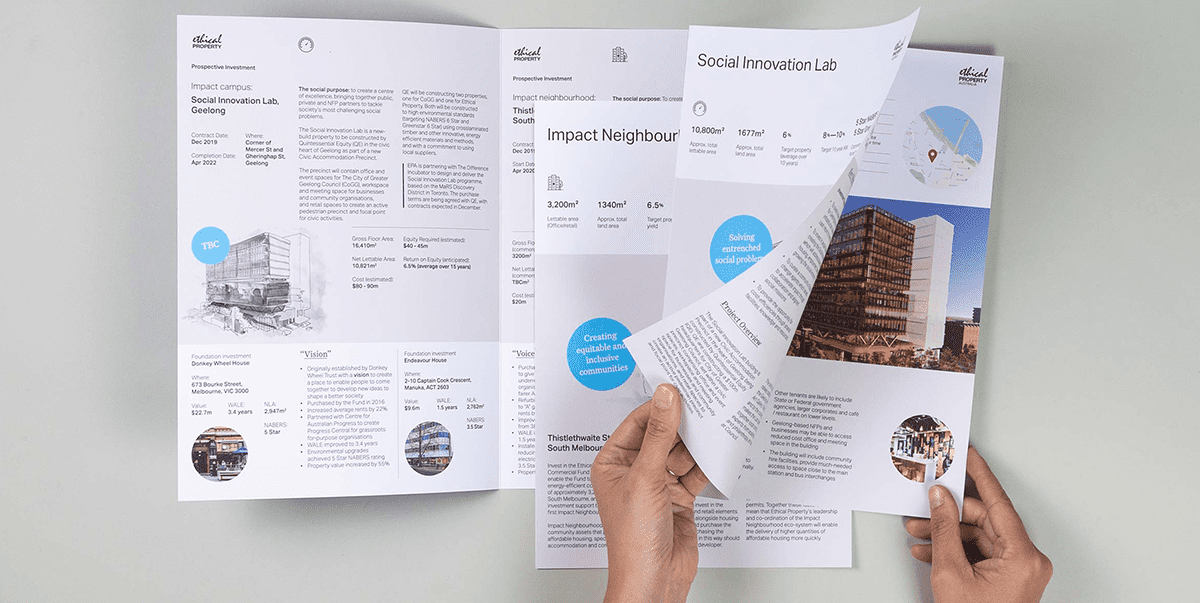
I sat down and had lunch with Jane Caro at Cafe Zoe in Surry Hills recently and she said something that got me thinking.
“What’s community? It’s meaningless,” said Jane with characteristic certainty. “We have networks these days, not communities.”
That was not the last pithy comment to make me smile over a delicious black-eyed pea soup. However, it was the one that keeps niggling me.
The word ‘community’ is so ubiquitous and it’s been bent so many times, it’s lost its shape. No doubt. I mean, what does the ‘community of Australia’ mean? Hard to grasp and even harder to hear when delivered by a pollie on the lawns of Parliament House.
Political spin aside, to give up on community as its original concept doesn’t sit well with me. That concept being a group of people who live among one another, share ideals and lend a hand when it’s needed. I like my small local community in Clifton Hill. I don’t know many people by name but I smile across the bitumen a lot and appreciate its return. That said, if they needed a hand would they ask? Or would they call the kids who live in Nunawading? Or emergency services? Come to think of it, I’m not really in the picture. Jane, you’re on to something…
So networks. We have business networks and social networks. And then there’s computer networks that facilitate the growth of the social and business networks, across the web. Web – visual metaphor for net-works. Networking was once on the nose among my friends, now it’s a matter of pride for some. Friends, fans, connections: social media has not only changed the speed and means by which we communicate and source knowledge, it’s altered our common language and social norms. Network specialist was the domain of IT. Now it’s communicators who can match technology with social know-how.
It is so easy to find people with similar interests online. But getting to know someone, really grasp them and relate, is not possible via a chat room or forum. That’s why Qantas domestic still makes millions and places beautiful full page advertisements of children in the Fin. Video could make a deeper relationship possible but the question is, do we want one? Life’s so busy, time is short – it’s much easier to place someone in a box – ‘likes science fiction’ for example. Then engagement with them becomes more purposeful. Convo over, onto the girl who likes 60s folk. Attention span challenged, poke Michael, the South Indian curry freak.
Most of us have much, much bigger networks than people did, say, 50 years ago. But, if we’re honest, we don’t engage with 95% of our network that deeply. And the local community engagement doesn’t get much heavier that a quick ‘how are ya’ once in a while. Unless they’re putting a train line through your local park.
There is an age demographic that doesn’t fit this new reality – older people. Those that have lived local all their lives, still converge on the laminate at the local church hall and still lend a hand where they’re able, giving way more to the local community than most. Baby Boomers of course break every rule – they’re often networkers pure and simple. If it isn’t through golf, its shopping or holidaying or any pursuit you can name. All in one day. And more often than not, they’re happy to drive 30 kms to meet up (imagine a Gen Y doing that?!).
The challenge for ‘community groups’ is to understand how the people they’ve always represented now organise. It’s a tough ask. You have analogue and digital audiences. And each gets their information in diverse ways. But we absolutely need and must support community orgs because, between the fading vision of community and the light-on nature of networks, we’re in danger of losing the social core that is essential to wellbeing. And that’s not good for the government, business and communities. I mean networks.

